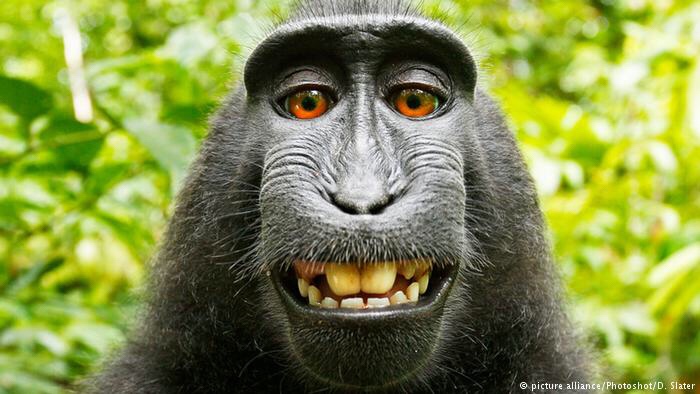
Following on from my previous post on Naruto’s case, it’s interesting that in the appeals court and the District Court for the Northern District of California (Naruto v. Slater, 15-cv-04324-WHO (January 28, 2016) the courts based their reasoning largely on a lack of statutory standing. In other words, whether the case was brought by the type of plaintiff that can sue under a particular statute (copyright).
The problem here of course is that PETA had little or no connection with the “author” Naruto. They had their own agenda. What if Naruto was a highly trained pet – skilled in photography – and his minder or “owner” brought the claim? Would he or she have standing to bring a claim? Perhaps they would.
Arguably, this would be no different to a situation where a sophisticated AI system produced a highly creative, independent work but could not be defined as a human author in the traditional sense.
Perhaps we need to revisit the concept of authorship?

